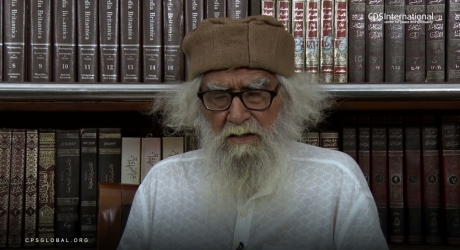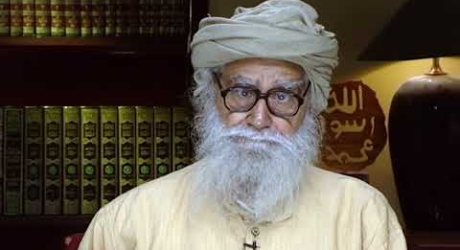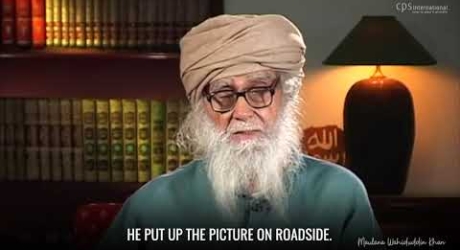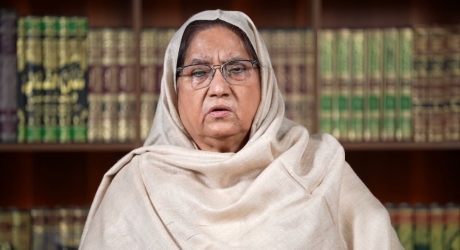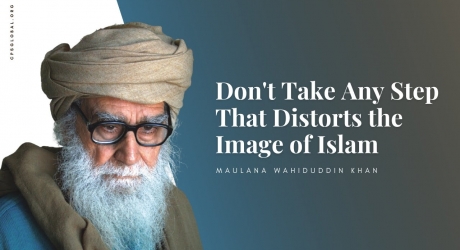It is generally held that Islam prescribes capital punishment for those who commit blasphemy, that is, using abusive language against the Prophet of Islam. However, this is entirely untrue. According to Islam, blasphemy is simply a misuse of freedom and not a cognisable offence; the blasphemer is not liable to incur legal punishment. This kind of law has no basis in Islamic scriptures. If someone uses abusive language against the Prophet, Muslims must take it as a case of misunderstanding and then try to remove this misunderstanding in peaceful ways. They must do so by engaging in discussion or by providing the ‘blasphemer’ with Islamic literature that gives the actual image of the Prophet of Islam. This notion of killing in the name of blasphemy is itself haram or forbidden. As a part of His creation plan, God has granted freedom to people, and no one can take away this freedom. While exercising one’s freedom of expression, the only condition should be that one does not resort to violence.
A very derogatory remark was passed against the Prophet but he didn’t do anything. I will narrate one story of many such stories. The Prophet came in the first quarter of the 7th century. The Prophet was born in 570 and died in 632. The Prophet received prophethood in 610. The first quarter of 7th century was the period of his prophethood. The Prophet began his mission in Makkah. In the Makkah of the 7th century, idol worship was prevalent. All were polytheists. The Prophet's mission was based on tawhid, oneness of God. There was a lady called Umm Jamil in Makkah. She was a poetess and very intelligent. She had a great personality. She composed some derogatory lines about the Prophet. She came to the Prophet when he was sitting at the Kabah with Abu Bakr. The meaning of Muhammad is praiseworthy. The lady said: Copy Arabic text (Seerah ibn Hisham, v. 2, p. 6)
Muzammam means someone who should be condemned. The lady said: We reject him, he is worthy of condemnation. She said this to the Prophet right in front of him. To address someone as worthy of being condemned is highly derogatory. But the Prophet simply smiled.
The Prophet's companion Abu Bakr asked: Why are you smiling when she is speaking badly of you?
The Prophet replied: Her saying so doesn’t matter. She doesn’t have the history in her control. My name will go down in history as Muhammad. Let her say what she wants to. This is what really happened. The Prophet's name noted down in history is Muhammad and not Muzammam, Whichever book of history you pick up, you will not see the Prophet referred to as Muzammam, rather the Prophet's name is Muhammad. The Prophet only smiled. He said: Let her say. Her saying so doesn’t matter. Her words will not matter in history. This is how the Prophet avoided the issue.
I wrote an article on this. Muslims all over the world were creating a hue and cry on the Danish cartoons. I wrote an article titled: Ignore the Cartoons. The Prophet avoided what Umm Jamil had said. This was not simply a moral behaviour, rather it was demonstration of a universal principle which was an important part of his mission. This was the mission of the Prophet of Islam. He had come to open up a new chapter in history.
What was this chapter?
Voltaire has said that history is full of hate and fighting. But Voltaire couldn’t give the above formula. The Prophet was sent by God to this world with an ideology of peace and also a methodology of peace. He gave both an ideology of peace and methodology of peace.





